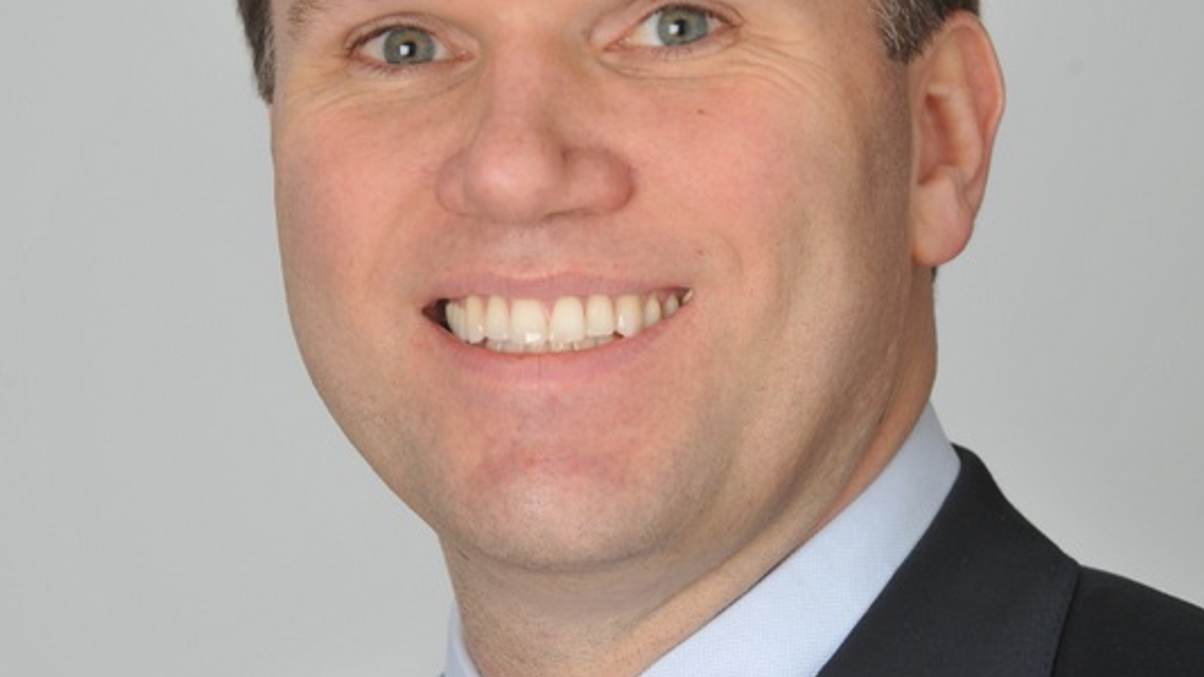European firms mull Asia credit strategies
Ashmore and BNP Paribas Investment Partners are both understood to be exploring the sale of dedicated Asian credit products.

Two European fund management firms are understood to be at different stages of potentially launching Asian credit funds as dedicated Asian strategies.
Sign in to read on!
Registered users get 2 free articles in 30 days.
Subscribers have full unlimited access to AsianInvestor
Not signed up? New users get 2 free articles per month, plus a 7-day unlimited free trial.
¬ Haymarket Media Limited. All rights reserved.


